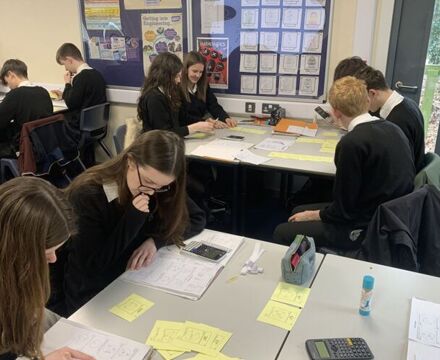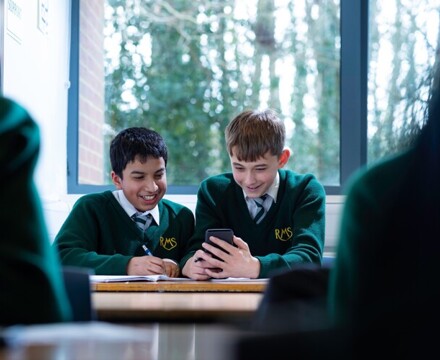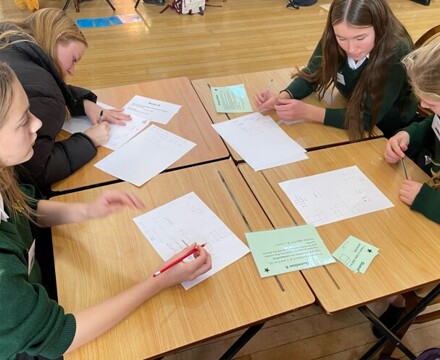Maths
Return to SubjectsHead of Department:
Mrs Faye Joyner
Department aims:
Develop an enjoyment and curiosity for the subject. Develop independent learners who are motivated and resilient in their approach to Maths who will achieve academic success. Continually develop staff professionally providing innovative, fresh and increasingly effective methods and approaches to the subject.
For more information regarding topics covered in Maths, please see the curriculum information and Learning Journey linked below
Useful weblinks:
Every student will be given individual passwords at the beginning of the year for the following websites:
General websites
Extracurricular and enrichment:
- KS3 Maths Club for Year 7s, 8s, and 9s
- KS4 drop in sessions
- KS4 intervention sessions
- Problem Solving Club (KS3)
- Junior Maths Challenge
- Intermediate Maths Challenge
| Subject Documents |
|---|
| Learning Journey Maths |
| Maths Curriculum Information |






